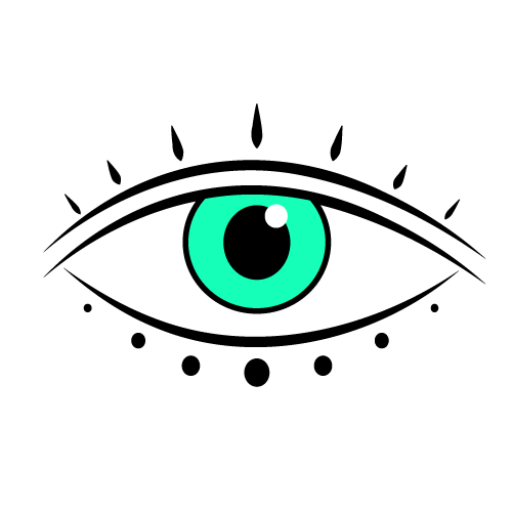WHY WE FEEL LIKE WE ARE IN DANGER WHEN WE ARE NOT

I am lying in the fetal position on my yoga math, trying to slow down my breathing. I don´t know exactly how long I have been lying there, but the thought of getting up and moving on with my day is not crossing my mind. My body is in a state of panic, because I just did something truly terrifying. No, I did not jump out of a plane or swim with sharks. I posted a video on LinkedIn, for the world to see.
In this day and age where sharing footage of yourself as become as normal as eating oatmeal for breakfast, my reaction might sound extreme. But for me, this seemingly small step represented sharing my new business with the world. It was something I had thought of and wanted to do for years. And something I was terrified of failing at.
Rationally I knew of course that I was not in any real danger. Logically I knew that the worst thing that could happen was that nobody would watch my video, or that some people would watch and roll their eyes. And yet, there I was, lying on the floor in full blown panic.
Why we feel fear when we are not in actual danger
While there are some universal fears (like the fear of death and the fear of abandonment), fear is also a deeply personal experience. We all have unique flavors of fear, and they come out in different circumstances.
When I ask people about things that they are afraid of, most people will think of things like spiders or heights. These fears seem to make sense on some level, we could die from falling or being bitten by a snake. But when I dig a little deeper, most people will admit that they have less rational fears. Speaking in front of a group, having a job interview for a job they really want or starting that project they have been dreaming about. Any situation where we have to put ourselves out there and be vulnerable while other people are watching. The feeling that we might mess up and fail at what is important to us, and that other people are there to judge us can feel terrifying.
Fear of failure and the fear of judgment come together in those moments, and to our nervous system this can feel like we are in danger. Our ancestors needed others for their survival, and they also needed to be successful in the big moments, because failing could mean death. Now, we might rationally know that the worst thing that could happen is that we won´t get the job, promotion, or that we look a little silly to the other people in the room. But our nervous system hasn´t quite caught up yet.
We are afraid of the pain and disappointment that come with the perceived failure. But moreso, we fear what it says about us when we fail. We do not want to find out that we are maybe not as smart, creative, unique or lovable as we hoped we were. And when we fail quite publicly, it adds another dimension. We then have to deal not only with our own judgment, but that of others as well.
Approaching fear with curiosity
Talking ourselves out if it, telling ourselves it will all be fine, will probably only help up to a certain point. It probably won´t stop your voice from shaking, your throat from feeling like it is hard to breathe let alone speak. Since our fear is not rational in those situations, using logic is usually not the cure.
What we can do when we are brave enough to show up in scary situations is plant our feet firmly on the ground, taking deep breaths and acknowledging that we feel scared. We can look at fear from a place of curiosity, rather than as something that needs to go away. We can notice how our body is responding, and what happens when we focus our attention on it for a while. This way, we can learn what our body needs to feel a little calmer, a little steadier. In this process, we can learn to accept that it will still feel terrifying the first few times, but when we give our nervous system time to process what is happening, we find out that it does get a little bit easier every time we do it.
Failure means you had the courage to do the uncomfortable thing
When we look a little closer at what it means to fail, it often means we failed to live up to our own expectations. When we focus on the outcome we wanted but didn´t get, failure can feel quite heavy. But when we look at the courage it took to take that leap into uncomfortable territory, how can we still see it as failure?
When we no longer derive our value from whether we succeeded or not, when our self-worth does not depend on it, then we no longer fear failure. We might even stop seeing any outcome as failing.
And when you no longer see it as failure, it can simply become experimenting. Research, if you will. A careful process of trying and elimination strategies that may or may not work for you.
Because what is failure but the courage to have tried something new, scary or uncomfortable?
Fear of failure is quite common, and can lead to procrastination and avoiding situations that bring up fear. But with the right support, you can learn the tools to process the fear so that you can move forward feeling confident, grounded and empowered.
If you are ready to start a coaching journey with me, send me an email.
